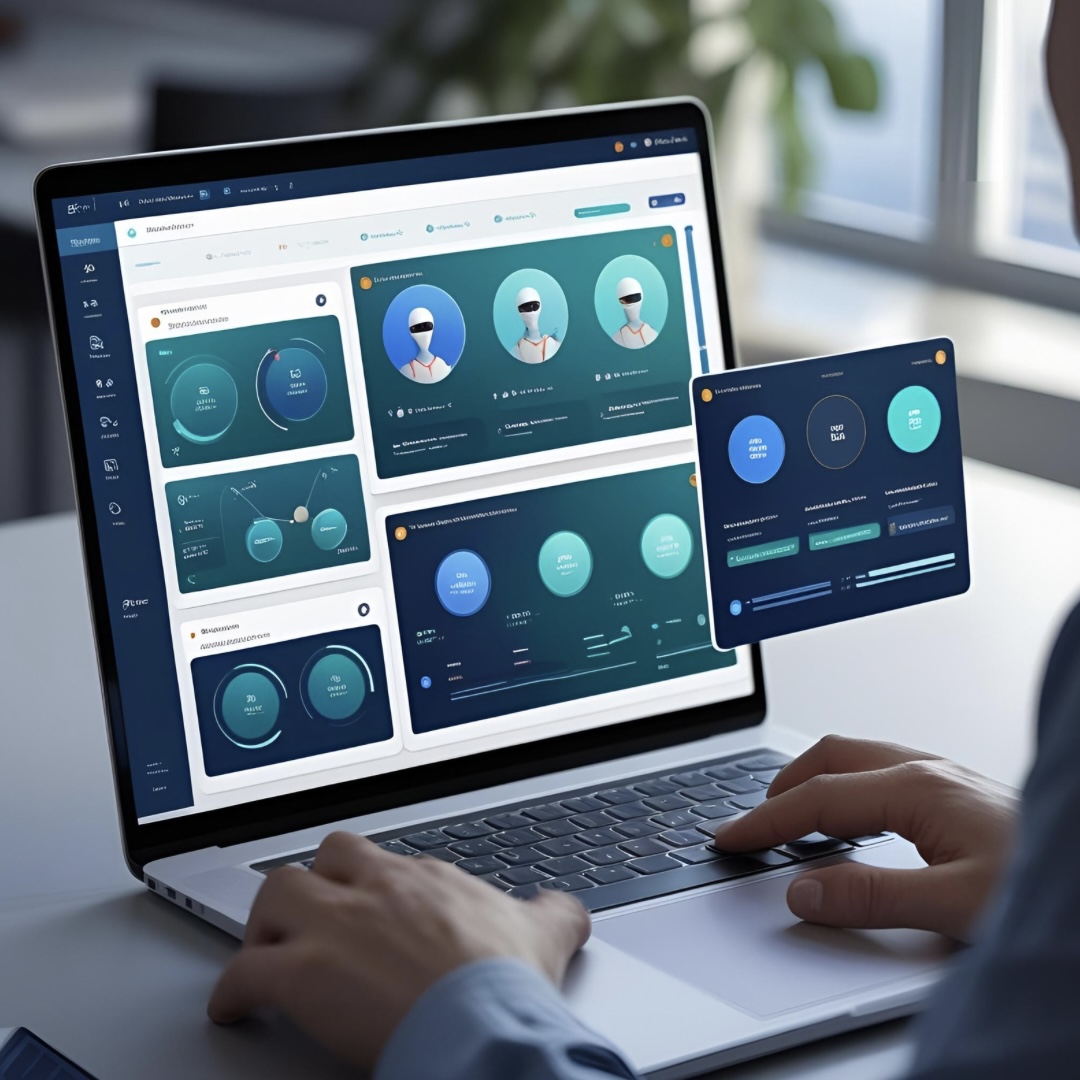
From Dashboards to Dialogue: How CodeACT & MCP Power Autonomous Root Cause Analysis
In today's highly distributed systems, the challenge in observability isn't the absence of data—it's the overwhelming flood of metrics, logs, traces, alerts, and dashboards scattered across silos. Data Analysts, Engineers and SREs are forced to manually correlate signals across tools like Prometheus, Grafana, DataDog, and CloudWatch—often under intense time pressure. The result? Slow root cause analysis, alert fatigue, and missed patterns.
The next evolution in observability isn't more dashboards—it's conversational intelligence. Imagine asking, "Why did latency spike in us-west during deployment?" and getting a precise, data-backed answer within seconds.
That's the vision behind a GenAI agent powered by CodeACT and the Model Context Protocol (MCP)—a self-reasoning system that turns natural language queries into deep, autonomous root cause analysis (RCA). In this blog, we explore how these two components shift observability from visual hunting to cognitive querying.
The Problem with Dashboards
Dashboards are useful for monitoring—but they're fundamentally reactive. They expect the user to:
- Know what metrics to look at
- Understand which systems are involved
- Manually correlate across noisy signals from different tools
In Network Operations Centers (NOCs) for ISPs or SRE teams managing complex distributed systems, this becomes overwhelming. One incident—like a latency spike or packet drop—can trigger alerts from a myriad of tools. Each dashboard offers a piece of the puzzle, but analysts must stitch these fragments into a cohesive diagnosis. The cognitive overload slows down time-to-resolution and often leads to false leads.
Enter CodeACT and MCP: Enabling Conversational RCA
What is CodeACT?
CodeACT (Code Adaptive Compute-efficient Tuning) enables LLMs to autonomously generate, debug, and execute code tailored to analytics tasks.
- Code Generation: SQL, Python, Bash
- Self-Debugging & Tool Invocation
- Execution Loop with reasoning engine
What is MCP (Model Context Protocol)?
MCP is the connective tissue that feeds live observability data into the GenAI agent, acting as its memory and sensory layer.
Together, CodeACT and MCP create a system-aware loop that makes RCA fast and contextually accurate.
A Day in the Life of Dialogue-Based RCA: Network Latency Edition
Walk-through of querying latency spike and automated steps (parsing, code generation, execution, reasoning) leading to root cause identification of router firmware upgrade.
Final Thoughts
CodeACT and MCP mark the shift from dashboard hunting to conversational RCA—enabling analysts to focus on strategy, not syntax.